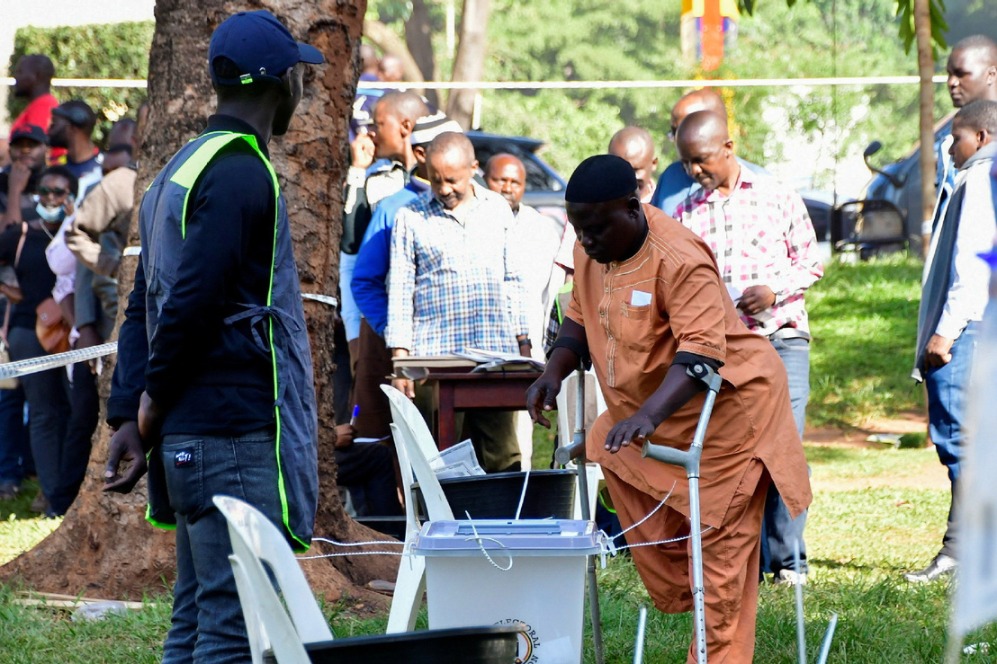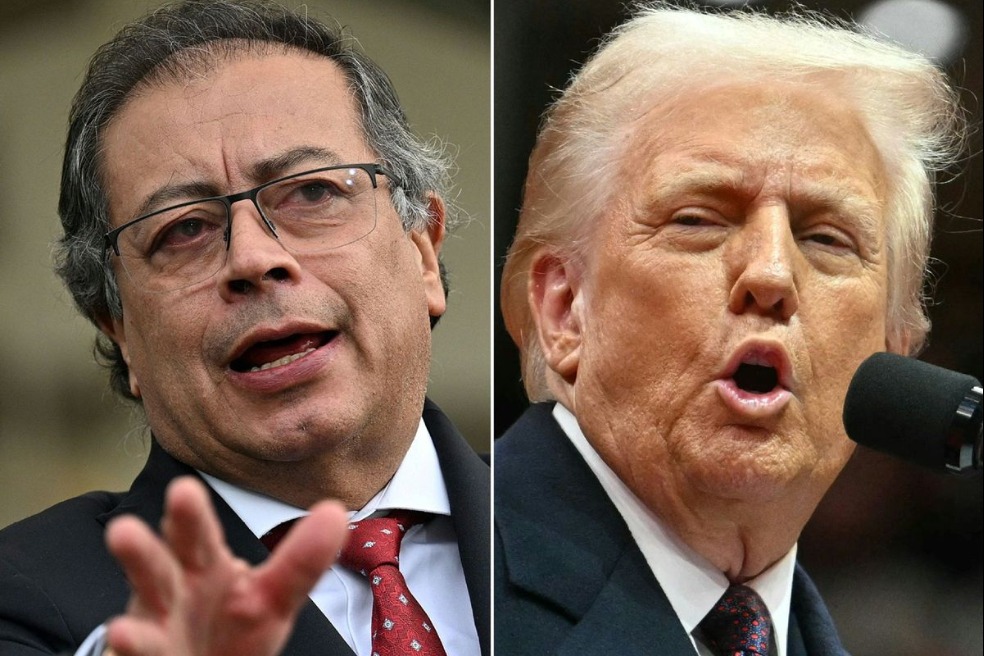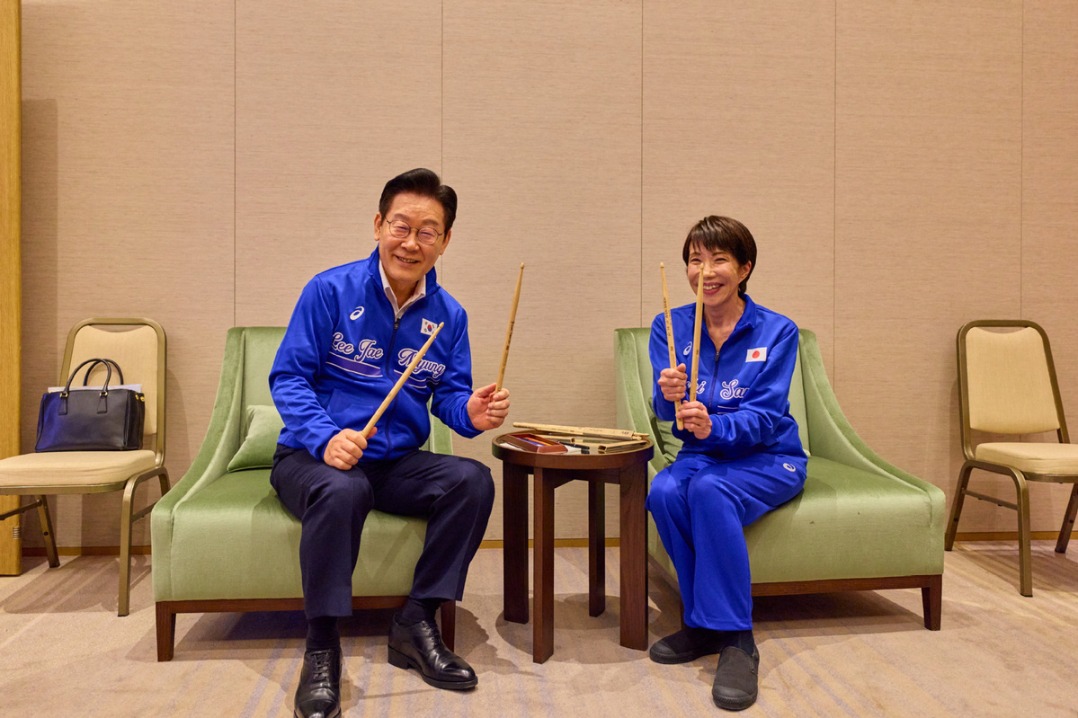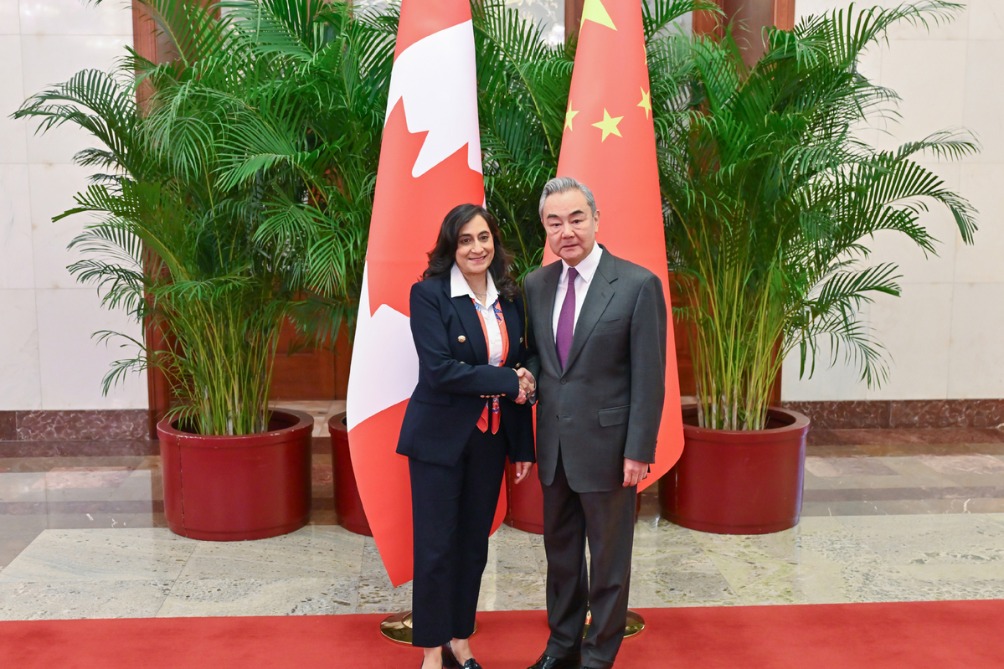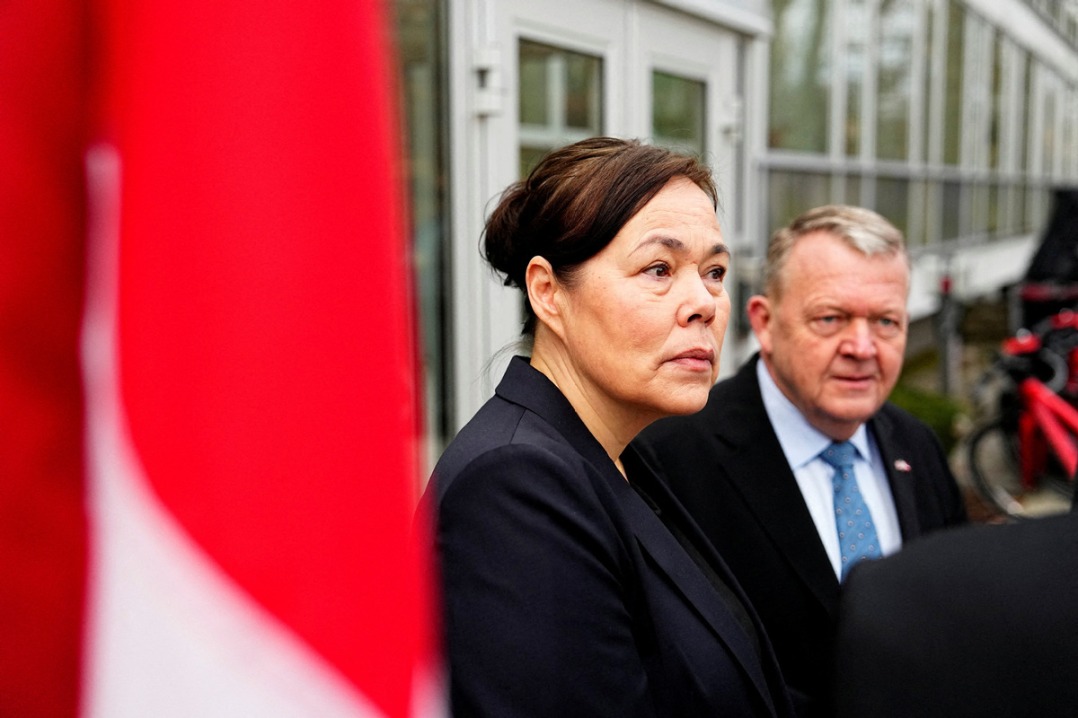Economic shift guides Gulf states on oil

Energy security
Although leaders of the UAE and Saudi Arabia have reiterated the importance of global energy security and energy market stability, they have not increased output.
At the Doha Forum on March 27, Ahmad bin Mohamed Al Sayed, Qatar's minister of state and chairman of the Qatar Free Zones Authority, said oil-producing countries in the GCC must remain focused on their economic diversification efforts and strategies to become knowledge-based economies despite the recent surge in global oil prices, The Peninsula, an English-language daily in Doha, reported.
Anis Khayati, an economics professor at the College and Business Administration at the University of Bahrain, said it is shortsighted to imagine that the Gulf states have no interest in the Russian-Ukraine conflict. Therefore, appeals to increase oil production "have fallen on deaf ears".
Khayati believes the decline in relations between the "oil powers in the Middle East" and Washington could "rearrange" the regional order in the interest of the Gulf countries.
The Gulf also wants to convey a message to Washington that "this war is not our war, which is very similar to the message that the Americans have been sending them for several years about Yemen," Khayati said.
Zafar said Western powers, instead of asking the Gulf nations to spew more oil, should help Middle Eastern countries to set up more renewable energy plants and get access to the latest energy efficiency technologies.
Xinhua contributed to this story.
jan@chinadailyapac.com
















